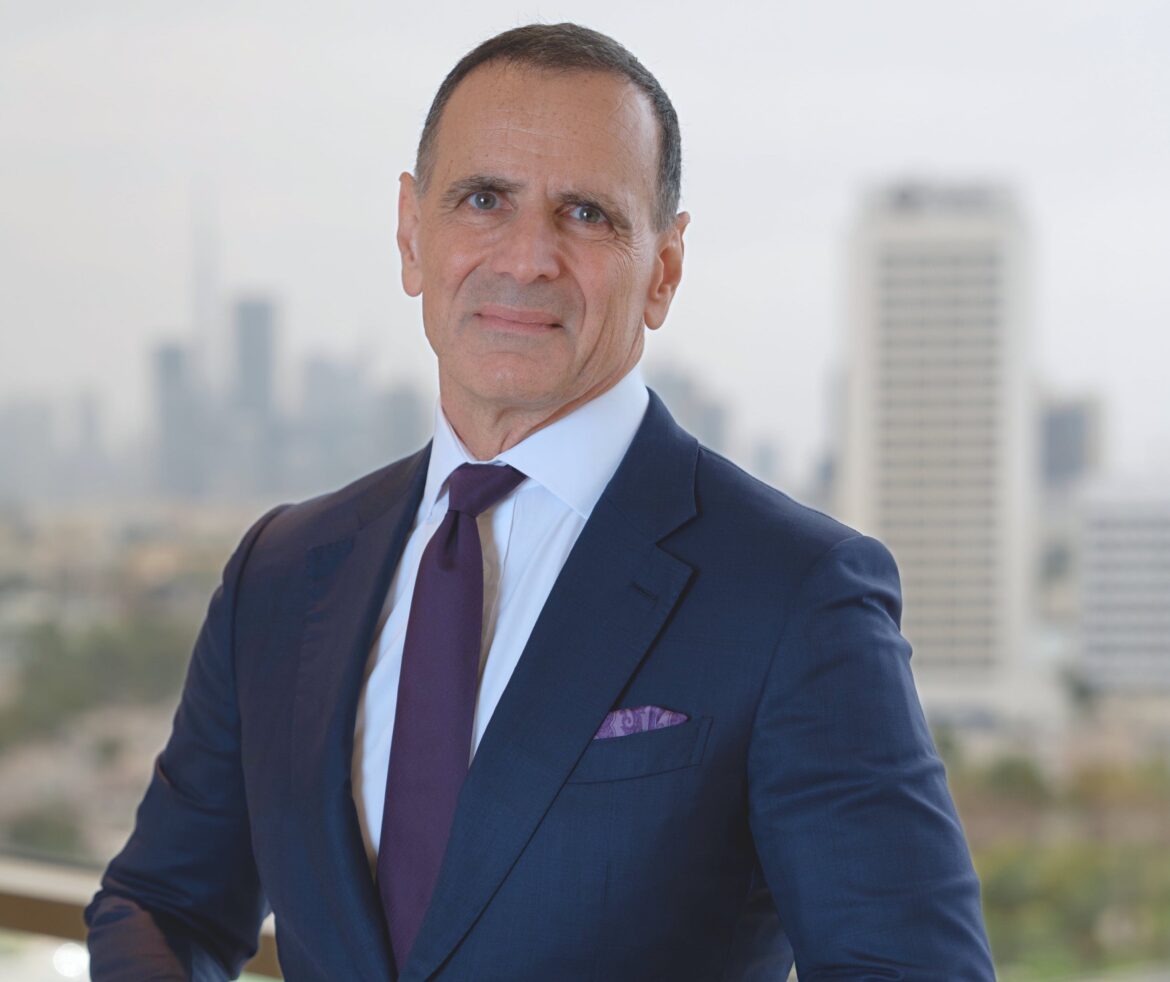Ethical investment frameworks must be advanced as green-labelled funding flows exceed $1.7 trillion in 2023
Recent years have witnessed a seismic shift in investor appetite for partnerships that align with environmental, social and governance (ESG) principles, enshrined by global development plans, particularly in the aftermath of COP 28.
Governments and the world’s most influential corporations are now increasingly arriving at a consensus about the need to address climate change for long-term socioeconomic continuity – however, change is not uniform. In many parts of the world, regulators continue to push back on making climate change a focus of business and investing decisions. Nonetheless, the narrative is gradually shifting in favour of climate action, with nations including the UAE, setting an example for others to follow and accelerating the transition towards decision-making led by ESG criteria.
For instance, a study released in December by the European Commission’s Joint Research Centre showed European banks charge higher interest rates on loans granted to companies in high flood-risk areas. The trend may be a microcosmic indicator of how environmental risks – which the World Economic Forum has warned could hit the point of no return in the coming years – might compel financial institutions to charge premiums on future lending commitments. The need to weave environmental, social, and governance (ESG) considerations into the future economic blueprint is clear as investors increasingly align their portfolios with sustainable objectives.
Regulatory Push
As governments are compelled to respond to the climate crisis, decarbonisation investments are taking a greater share of global funding flows. Capex commitments for clean energy projects exceeded $1.7 trillion in 2023, according to separate estimates by the International Energy Agency and Bloomberg NEF. Spurred by stabilising interest rates, debt issuances for energy transition purposes increased by 4% to reach $824 billion last year. The financial and government sectors alone raised more than $316 billion in debt for energy transition in 2023.
These investments reflect the critical role that decarbonisation will play in investment decisions, consequently also elevating the status of ESG compliance from a value-add to a service for which businesses can charge a premium – particularly as investors open the doors for green-labelled assets to fulfil their respective net-zero commitments over the next two to three decades. Fifty-six percent of 800 investors polled by deVere Group have said they plan to increase their ESG-focused investments in 2024, and Grant Thornton said last year 85% of its surveyed UK lenders believe a firm’s ESG status and ability to transition to net-zero influence their credit risk assessments.
Investor considerations and strategic government priorities are both helping to advance and strengthen the Middle East’s prevailing ESG frameworks. Regulation is a critical lever in the journey, and mature regional markets have introduced robust avenues and incentives to propel decarbonisation investments. In the UAE, this includes the provision of financing through the Ministry of Industry and Advanced Technology for investment into renewable or clean energy.
The role of government oversight is two-pronged: a PwC Middle East survey shows 63% of regional business leaders stating regulatory compliance as the most important driver for adopting an ESG strategy. Several regional stock exchanges, including in Qatar, Bahrain, Saudi Arabia, and the UAE have already issued guidance on reporting sustainability credentials.
But governments – regionally and globally – have an equally important role to play in mitigating greenwashing. RepRisk research reveals one in every four climate-related ESG risks globally was linked to greenwashing between 2022 and 2023, with the banking and financial services sectors noting a 70% increase in the number of climate-related greenwashing incidents in 2023. Government oversight and regulation are essential to encourage transparency and equitable responsibility towards ESG reporting as sustainability-linked spending continues to grow.
Commercial Pull
While COP 28 has firmly placed decarbonisation at the centre of economic and corporate agendas around the world, the nascency of its pay-off means compliance with ESG currently faces intrinsic scepticism from risk-averse decision-makers. Nevertheless, decarbonisation investments – made compelling by the tangible benefit of energy savings – may smooth the journey towards broader ESG adoption, which is shown to ultimately unlock cheaper capital.
Almost one-third of PwC Middle East’s surveyed respondents cite funding constraints as a barrier to ESG implementation, with just 13% anticipating green loans from banks. This may seem counterintuitive considering MSCI findings that show high ESG-scoring companies experience lower capital costs compared to peers with poor ESG scores, but partly reflects the need to enhance regional green finance awareness, particularly as ESG gains broader acceptance as a platform to embed resilience and readiness into corporate responses to global crises including climate change.
The transition to significantly decarbonised business operations needs leaders and decision-makers to navigate a complex and ever-changing regulatory landscape as well as implement a shift in corporate culture. This is not a small ask, but the most impactful companies of tomorrow will be those that actively create sustainable shareholder value through their continued pursuit of ESG excellence.
By John Iossifidis, Group Chief Executive Officer, Al Ghurair




